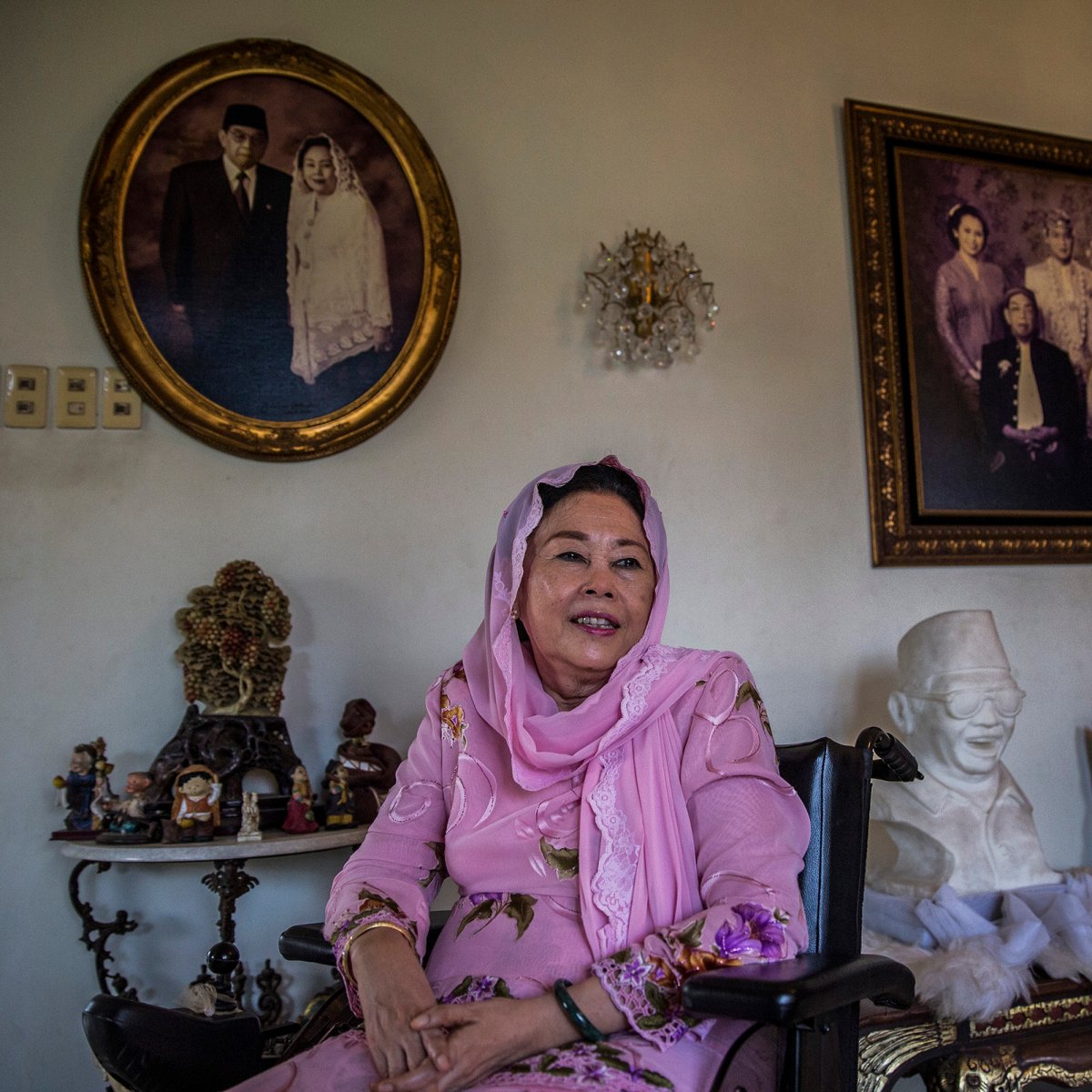
Sinta Nuriyah
by Mona EltahawyDuring a 2015 suhur—the meal that precedes the dawn-to-dusk fast during the Islamic holy month of Ramadan—at a Catholic church in Central Java that was attended by Hindu, Buddhist, Confucian and Christian members of the community, Sinta Nuriyah likened Indonesia’s religious diversity to a garden of flowers: “There are roses, jasmines, orchids and Sita-Ashok. All of those flowers are beautiful. No one can force the roses to become jasmines or the orchids to become Sita-Ashok.”
In recent years, hard-line Islamic groups have made it increasingly difficult to tend to that garden. But Ms. Nuriyah, the widow of former Indonesian President Abdurrahman Wahid, is undeterred. The self-identified Muslim feminist has degrees in both Shari‘a law and women’s studies; she understands how politicized religion is particularly cruel to women and minorities. She has counseled transgender women, supported a Christian former governor of Jakarta who was convicted of blasphemy and more—choosing to support the vulnerable rather than settle into a risk-free life as a former President’s widow.
Muslim women are too often spoken for and about in endless arguments by men over our headscarves, or the lack thereof. Ms. Nuriyah is reminder that our narrative is much more complex and, frankly, more interesting.
Eltahawy is an Egyptian-American journalist and the author of Headscarves and Hymens: Why the Middle East Needs a Sexual Revolution